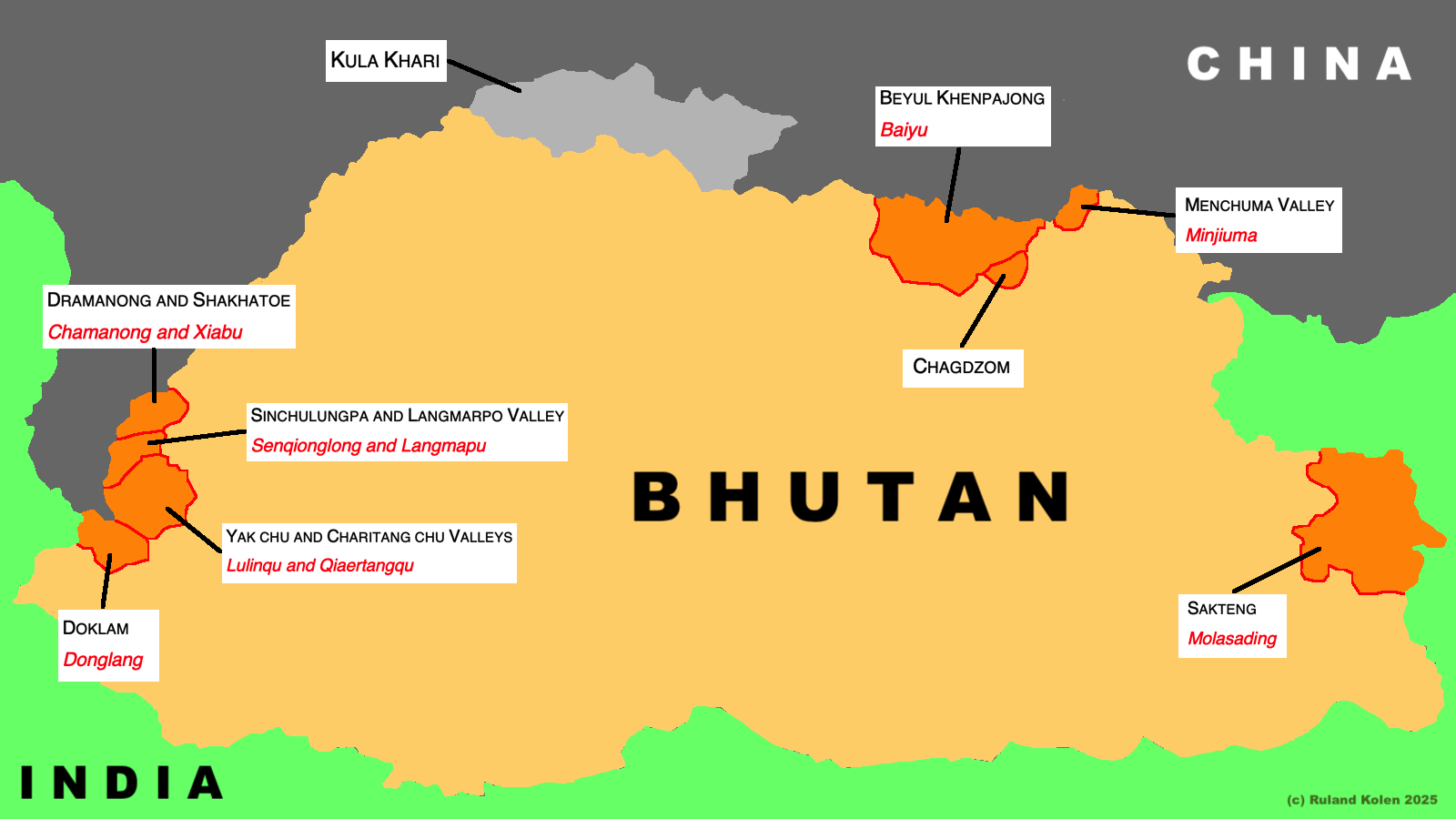If at first you don’t succeed (secede) …
I go out of town for a while only to return having learned two things. First, never, ever go to the driving range in sandals and second, our excessively shy readership is starting to come out of its shell.
But before we get to the questions, a quick review is in order. For those who missed it – like Waq al-waq – Ali Salim al-Bid, the former president of PDRY and then vice president of the YAR, broke his 15 year silence and gave a press conference in Munich calling for secession and the reclaiming of a southern country with Aden as its capital. Presumably his silence had been part of his arrangement with Oman, which promptly stripped him of his citizenship. (I’m not sure how long al-Bid is going to be staying in Germany, but maybe he and Yahya al-Huthi can get together for a meet-and-greet.)
The Yemeni government has ignored al-Bid’s statement, as reported in this intriguing piece by Arafat Madabish (the editor of al-Tagheer). Madabish reports that in lieu of a government response, Friday preachers stepped up and attacked al-Bid. It would be really interesting to know which mosques Madabish is quoting in his piece – I have a couple of theories – but it seems clear they are mostly from San’a. It is unclear whether the government A) doesn’t know how to respond to al-Bid or B) doesn’t want to dignify his call with an official response. Neither scenario speaks well of the decision making apparatus at the moment.
This News Yemen piece claims that 74 people were arrested, while the JMP is calling for their release. This in itself is not particularly interesting, but I think the broader implications are. The JMP in Aden is calling for the release of prisoners, while prominent JMP officials (read Islah) are working with president and calling for the support of Yemen’s unity, so what happens if and when political functionaries in different parts of the country realize that their constituency is not national, but rather local? Does this mean that we will start to see splits within parties? I’ve never been a particularly big fan of explaining Yemen through political parties (I think there are a number of other competing allegiances that have a great pull on many and that do a better job of explaining the country), but this is yet another (add it to the list) of worrying trends.
But now for Alle’s prescient question: how much support does TAJ have domestically?
I’m tempted to say that asking this is a lot like asking how many books CassSunstein is going to publish this year? (Seriously, this guy has to rival Hitchens and Posner.) But that just isn’t up to Waq al-waq’s standards, even on a weekend that is given over to spy novels.
The short answer is that no one knows. And any one who thinks they do is either lying or a fool, and probably both. Many of the exiled leaders, al-Bid, Attas and Ali Nasir Muhammad all still have support within the south, but they like TAJ seem to lack any sort of control over exactly what is happening. This is not an uprising of their own planning, but that doesn’t mean they won’t attempt to capitalize on it. Currently, there are so many different groups and opposition movements aligned against the government – without necessarily making common cause with each other – that it is nearly impossible to determine who has control, because no one does. Certain groups or individuals are more powerful in particular areas, but no one has a firm grip on where the Southern Movement is going, which is really only held together by a common frustration and anger with the north. This anger is also present in other places within Yemen, but in the south these grievances can be seamlessly entered into the historical narrative that has been built up since 1994.




